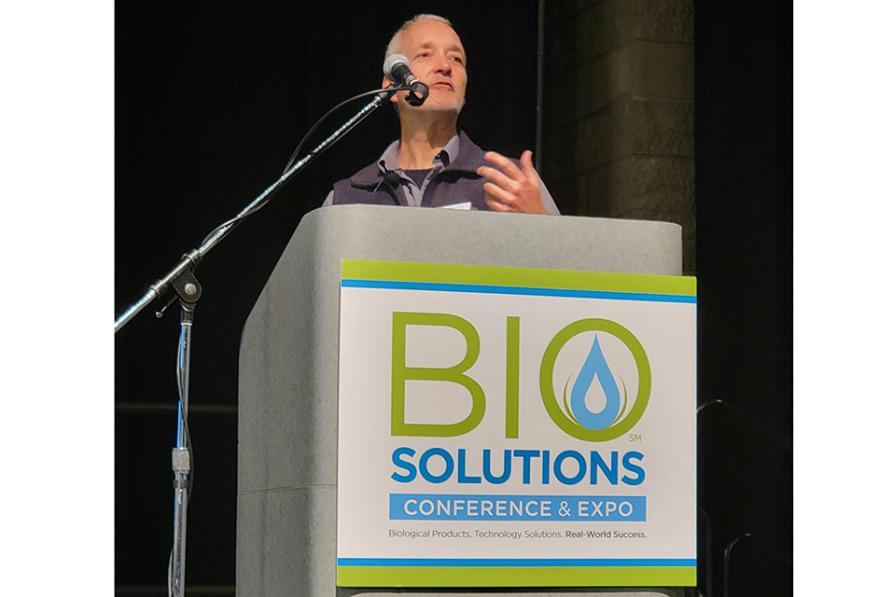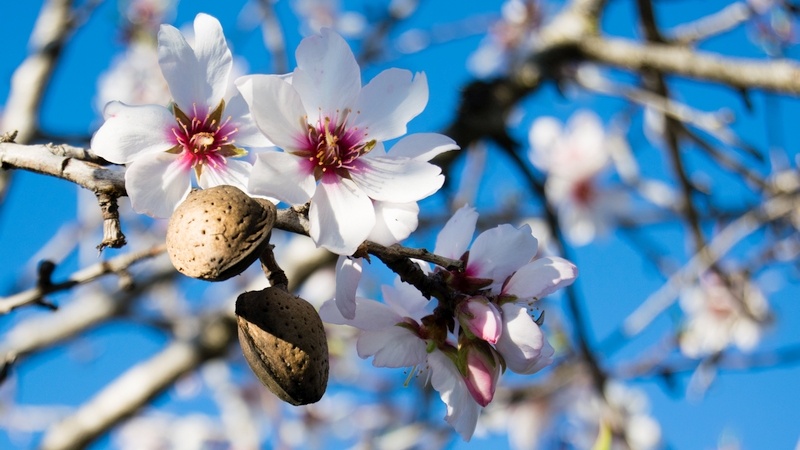Limit Your Food Recall Liability

The problem with trying to protect your company in the event of a food safety problem is that one of the main tools used for financial protection, insurance, just wasn’t designed with food safety in mind. That’s what Will Steele, president and CEO of Frontera Produce of Edinburg, TX, learned the hard way.
Steele, who also serves as vice chairman of the United Fresh Grower-Shipper Board, shared his experience with those attending a United Fresh 2012 workshop he moderated last month in Dallas, “Protecting Your Company — Options for Limiting Recall Liability.”
Classic recall insurance doesn’t work well in produce in part because of the spill-over effect. A good example was last year’s melon recall, said Steele, when
many growers who had no connection to the recall got hurt when their market collapsed.
“In many cases, the ones most devastated weren’t even involved in the incident,” he said. “I’m not sure my friends in the insurance industry understand a fresh produce recall.”
Food Safety Headaches
A representative from the insurance industry, David Mace, didn’t entirely disagree with Steele. Mace, who is an underwriter for one of the Fresno, CA-based CSI Insurance Group’s companies, said that because of the spill-over effect in food safety recalls, most damage is collateral damage. Mace said that peanut growers, who had a highly publicized food safety problem a few years ago, lost approximately $1 billion in collateral damage. “And there’s no coverage for that,” he said.
Mace said that the way recall insurance policies are written can make for some strange catch-22 situations in the food business. For example, a grower/packer/shipper who actually causes a problem could end up being in better shape than someone who does everything by the book.
“Ironically, if you do have contamination you could actually be in better shape because at least you have insurance (for that),” he said. “You would at least be partially protected.”
In any event, it would only be partial protection, said Mace. He doubts anyone could get a policy covering a food safety recall for more than $1 million, and that likely wouldn’t come close to covering the costs. “Does that really solve the problem financially?”
America’s Best Interest
It’s clear that private insurers can’t provide an answer, said Steele. Because they won’t do it, some sort of government program is needed, he said, especially in light of the fact that such a program would be in the public benefit.
David Durkin, an attorney who has worked in the food safety arena, agreed that this would be a program that should be administered by the government. “It is in the interests of the American people that we have an insurance program in place that would protect fruit and vegetable growers,” he said, “because it’s in the interest of the American people to ensure they have an adequate supply of fruits and vegetables.”
One Silver Lining
Most of the news on the food safety front is indeed bleak, said David Durkin, principal at the Washington, DC, law firm Olsson, Frank & Weeda, P.C. Durkin, who works with United Fresh and has also written several manuals for specialized segments of the food industries regarding FDA inspections and recalls, said part of the problem is the issue is confusing to the public. For example, most people just group all the separate outbreaks under one heading, “agriculture.” Because of that, they will link issues that really have nothing to do with one another, such as so-called mad cow disease with E. coli.
“One issue bleeds over into a whole host of other issues,” he says. But growers might have some much-needed help on the horizon. He said the language contained in the upcoming Farm Bill, at least that language that was under consideration early last month, addresses relief from food safety incidents. “It would include specialty crop insurance for food safety events,” said Durkin








